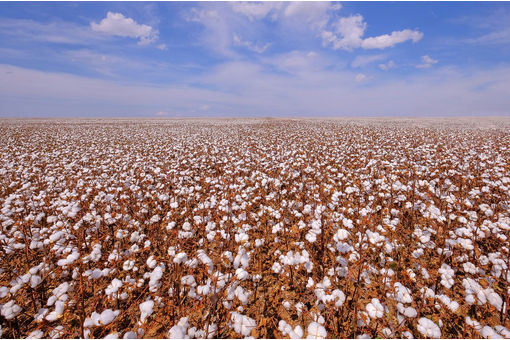S Africa, India call for inclusive development of global e-com at WTO

The joint paper highlighted the need for developing countries to enact laws on data sovereignty and preserve their policy and fiscal space to revive trade competitiveness.
The move comes weeks before the 12th WTO Ministerial Conference (MC12), where a group of countries, including the United States, Japan, Singapore and Australia, will reportedly try to push plurilateral negotiations on trade-related aspects of e-commerce that doesn’t have the support of many developing countries, including India.
The joint paper is a counter to the efforts being made by the proponents of the WTO negotiations on trade-related aspects of e-commerce to push a substantial agreement at the MC12 in Geneva on November 30-December 1.
India and many other non-participants are concerned that these efforts, largely from the developed countries, could have a bearing on global e-commerce rules and worsen the equation between developed and developing nations.
“Three developed countries (US, Japan and Germany) together account for 45 per cent of global e-commerce sales...and a handful of digital platforms have captured the cross-border e-commerce markets. Covid-19 has further increased the market dominance of digital platforms and big-tech firms,” the two countries said in the paper submitted to the WTO Committee on Trade and Development. They cited an UNCTAD report from 2019.
The narrative that MSME vendors can expand their sales and exports by linking with online retail platforms completely ignores the adverse impact of practices followed by many online retail platforms on MSME vendors who seek to sell through such platforms, the paper said.
On the importance of controlling domestic data, “The need to collect, store and process data and regulate its flows for development is well understood. For this, national laws and regulations, like laws regarding data sovereignty, will need to be designed and enacted,” Indian media quoted the paper as saying.
The submission also raised concerns on the fast spread of 3D printing that could potentially replace almost 40 per cent of cross-border physical global trade by 2040 if investments in 3D printing is doubled. The most affected sectors would include labour-intensive ones in India such as textiles and clothing, footwear, auto-components, toys, mechanical appliances, and hand tools.
“Digital technology transfers will be pivotal in bridging the digital divide and building export competitiveness of developing countries. The active role of developed countries to realise such technology transfers will also be crucial,” the paper concluded.
Fibre2Fashion News Desk (DS)
































-Ltd..jpg?tr=w-120,h-60,c-at_max,cm-pad_resize,bg-ffffff)





.jpg?tr=w-120,h-60,c-at_max,cm-pad_resize,bg-ffffff)
.jpg?tr=w-120,h-60,c-at_max,cm-pad_resize,bg-ffffff)






